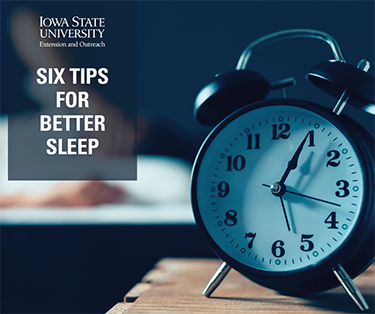Blog

Many people experienced insomnia or had some difficulty sleeping before the pandemic. Now, with all the additional fear, uncertainty, isolation, and economic challenges, many with no prior sleeping concerns are struggling to fall asleep or stay asleep.
Getting at least 7 hours of quality sleep each night is even more important now, since it provides the foundation for our daily functioning, moods and decisions. Getting quality sleep also strengthens the body’s immune system, which is essential during a pandemic. Not getting enough sleep each night, on the other hand, is associated with weight gain, diabetes, high blood pressure and depression.
Here are some tips to help you get to sleep and stay asleep.
- Have a going to bed ritual: Just like children, who have a book read to them prior to bedtime, adults need ritual signs that tell our brain it is time to sleep. That may involve listening to relaxing music, reading a book or taking a warm bath.
- Don’t use your bed as your office: Many are working from home during the pandemic and it may seem that a bed would be a comfortable place to work. Unfortunately, this just confuses the brain, rather than training the brain that a bed is a place to sleep.
- Get some exercise during the day: Exercise reduces stress and possibly improves sleep since it tires the body.
- Don’t take long naps: A short 15 to 30 minute nap is OK, if it’s not too late in the day. However, sleeping longer can disrupt your sleep cycle.
- If you wake up in the middle of the night and can’t sleep, get out of bed: Again, a bed is for sleeping, not tossing and turning, so getting out of bed helps you reset. You will want to keep the lights low and then follow your going to bed ritual.
- Limit alcohol and caffeine: Caffeine use before bedtime may make it more difficult to get to sleep and even though alcohol might help a person fall asleep, it does not necessarily help a person to stay asleep or sleep well.
If you are struggling with stress related concerns, contact the Iowa Concern Hotline at 1-800-447-1985. Iowa Concern provides confidential stress counseling and resource/referral services 24 hours a day, 7 days a week.
Free virtual counseling and consultation is also available through COVID Recovery Iowa at https://covidrecoveryiowa.org/ to any Iowans impacted by COVID.
Written by David Brown, Behavioral Health State Extension Specialist

